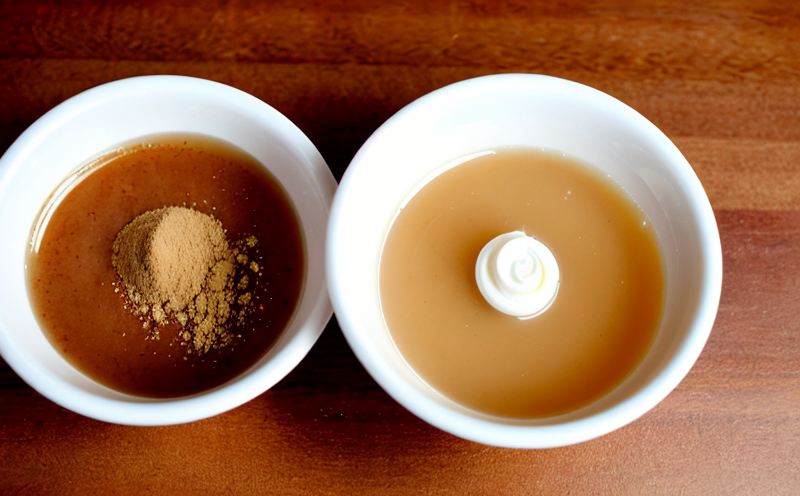DIN 10950 Sensory Flavor Testing of Beverages
The DIN 10950 standard specifies sensory flavor testing methods for beverages. This procedure aims to assess the quality, consistency, and consumer satisfaction regarding flavors in beverage products. It is particularly relevant for those involved in product development, quality assurance, and regulatory compliance within the food and beverage sector.
Under this standard, sensory evaluation involves a panel of trained evaluators who assess various attributes such as sweetness, acidity, bitterness, and overall flavor profile of beverages. The method requires that testers follow standardized procedures to ensure objective and reproducible results.
The process begins with the proper preparation of samples according to the guidelines provided in DIN 10950. This includes dilution, heating if necessary, and ensuring the correct temperature for evaluation. Once prepared, the sample is presented to a trained panel where they evaluate each attribute based on predefined descriptors.
Training of evaluators is critical under this standard as it ensures consistent results across different batches. Evaluators undergo rigorous training that includes understanding flavor profiles, recognizing typical deviations, and learning how to communicate their findings accurately. This training helps in reducing subjective biases and ensuring reliable assessments.
The acceptance criteria for DIN 10950 are stringent, requiring that the flavors be consistent with brand standards or expected consumer preferences. Any discrepancies must be investigated thoroughly. Compliance with this standard is essential for maintaining product quality and meeting regulatory requirements.
Environmental and sustainability considerations play a significant role in sensory flavor testing as well. Minimizing waste during sample preparation, using eco-friendly packaging materials, and ensuring efficient laboratory operations contribute to sustainable practices. By adhering to DIN 10950, laboratories can enhance their reputation for responsible business practices.
- Environmental Impact: The use of minimal resources in sample preparation aligns with environmental goals.
- Sustainable Operations: Efficient laboratory operations reduce energy consumption and waste generation.
EuroLab offers comprehensive sensory flavor testing services that are fully compliant with DIN 10950. Our team of experienced professionals ensures accurate and reliable results, providing valuable insights into your product's quality.
- Expertise: Our trained evaluators possess the necessary skills to conduct rigorous assessments.
- Technology: Utilizing advanced instrumentation for precise measurements.
We provide detailed reports that include all sensory evaluations, making it easier for you to understand and act on our findings. Our services help ensure that your products meet both internal standards and external regulations, enhancing consumer satisfaction and market presence.
Environmental and Sustainability Contributions
EuroLab's commitment to sustainability extends beyond just conducting sensory flavor tests; it encompasses reducing the environmental footprint of our operations. By optimizing resource use in sample preparation, implementing energy-efficient practices, and using biodegradable materials where possible, we contribute positively to environmental conservation.
- Resource Efficiency: Minimizing waste through efficient sample handling and storage.
- Eco-Friendly Packaging: Using recyclable or compostable packaging for samples.
Use Cases and Application Examples
The DIN 10950 standard is widely used in various industries, including food and beverage manufacturing. Here are some practical applications:
- New Product Development: Early-stage flavor evaluation to refine product formulations.
- Quality Assurance: Regular checks to maintain consistency across batches.
- Regulatory Compliance: Ensuring compliance with international standards for export markets.





